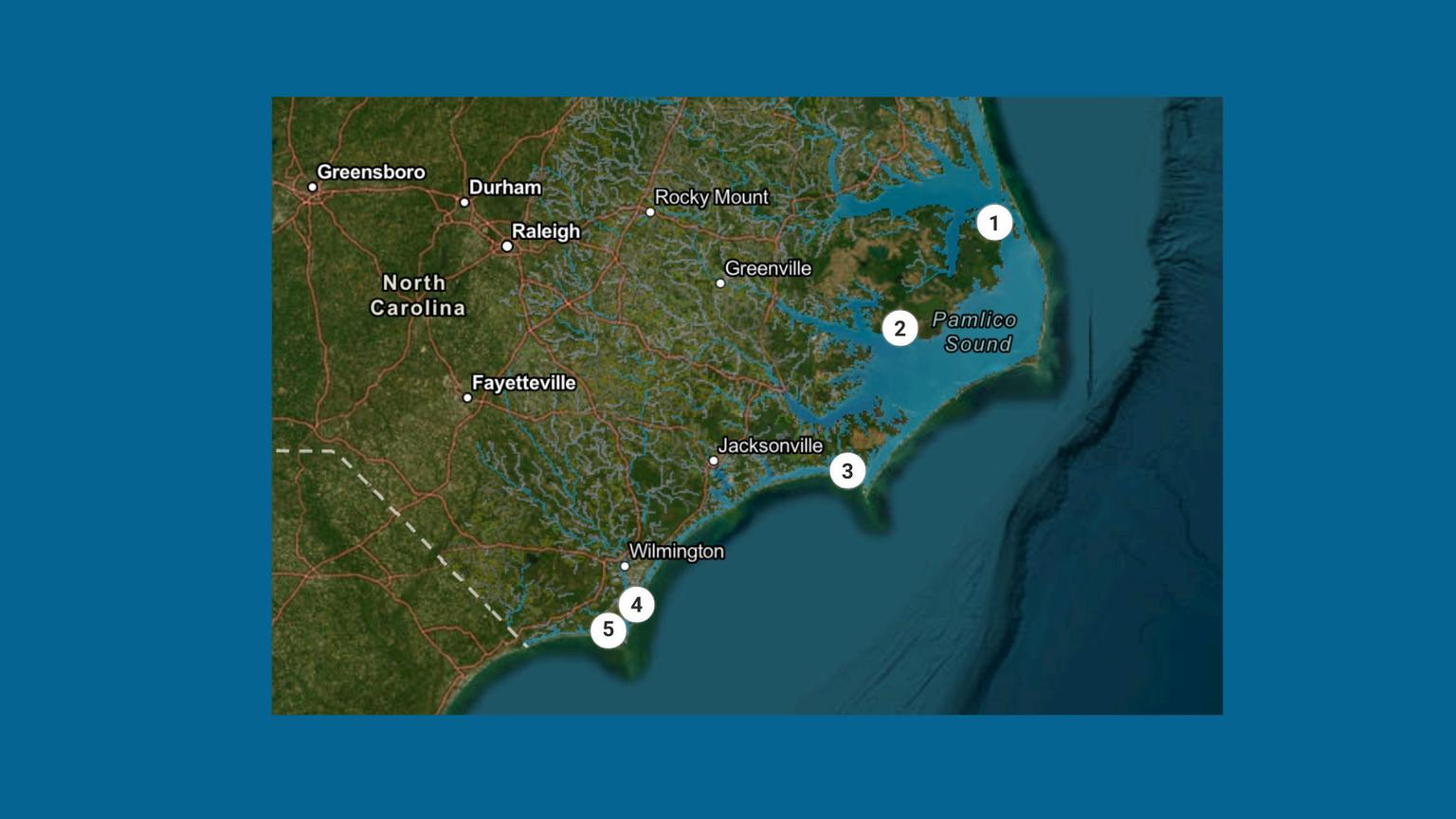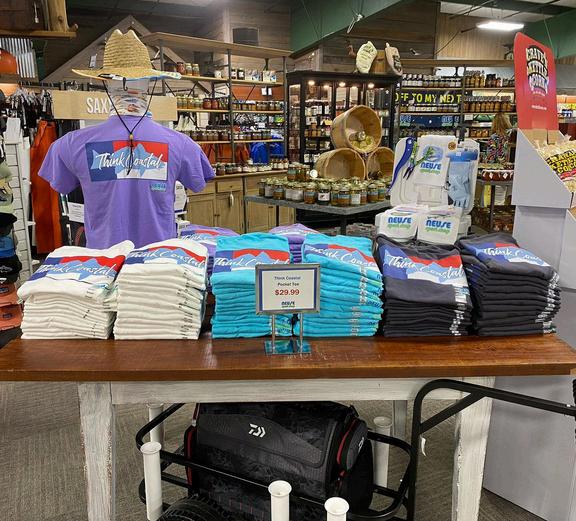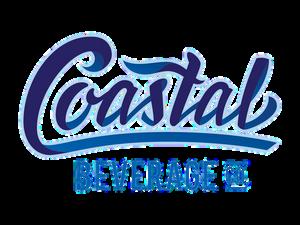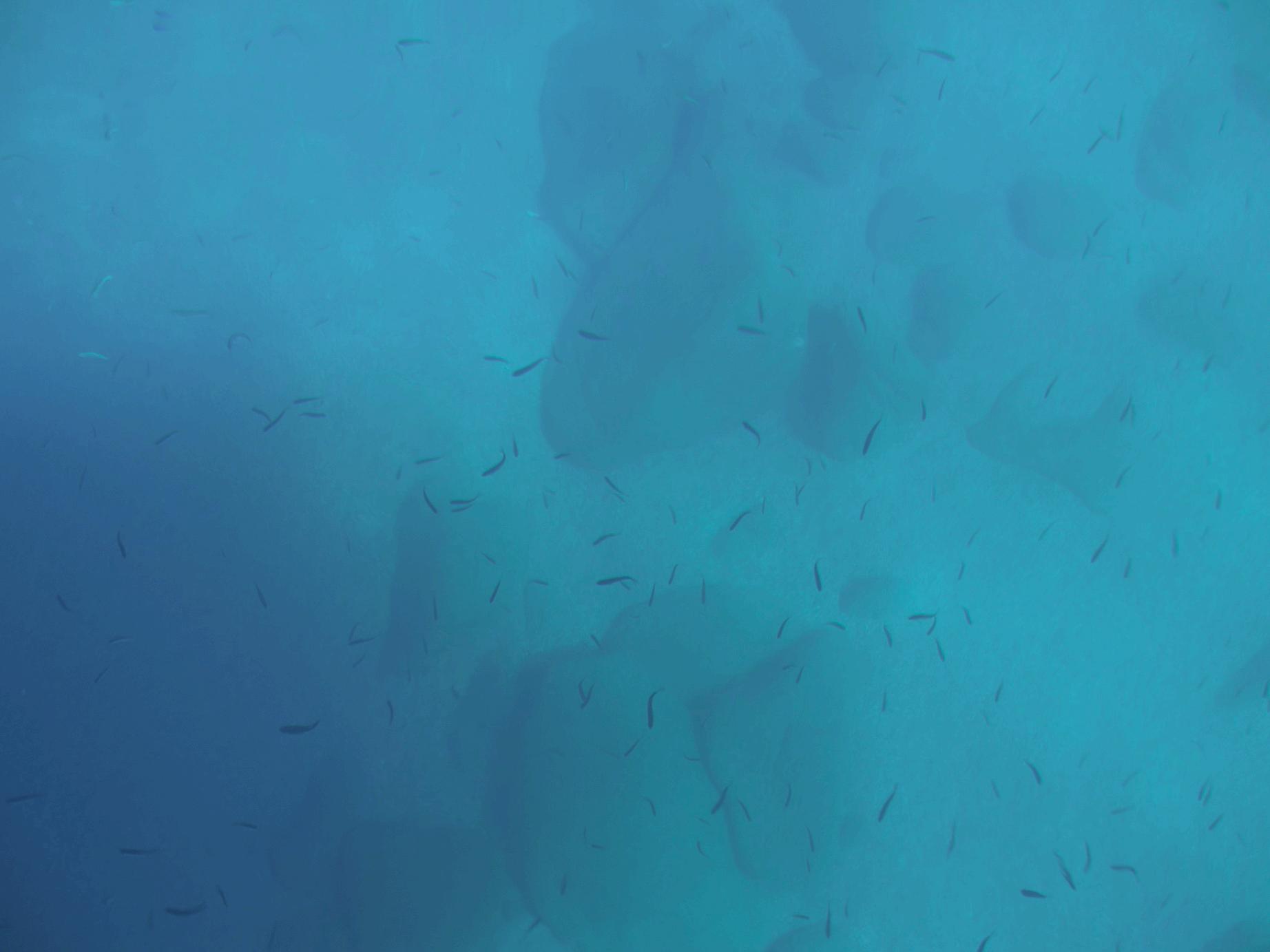

2 0 2 3 H I G H L I G H T S




2 0 2 3 H I G H L I G H T S

Established in 2017, the North Carolina Marine & Estuary Foundation has quickly evolved into an innovative nonprofit committed to advancing high-quality science, research, education, and solutions to restore our state's coastal fisheries.
Build world-class fisheries and thriving coastal economies
See North Carolina become the country’s premier fishing destination
Science & Research, Education & Advocacy, Collaboration & Innovation
Defining stock status & “world-class” fisheries
Supporting recovery of one of the state’s most depleted fisheries

3
Playing the matching game to determine stocking success
4
Groundbreaking legislation that will change our fisheries management
5 COASTALBOATING ACCESS
Providing quality access to coastal fisheries
6 PARTNERSHIPS& OUTREACH
Spreading the word & expanding networks

For decades, North Carolina has struggled to communicate how our fisheries stocks are performing However, we have solved this problem! In 2022, the Foundation developed FINDEX, a proprietary stock status indicator that, for the first time, provides a quick, measurable picture of the condition of each of our coastal fish populations.
FINDEX simply measures the “gaps” between the desired biological condition of a stock and the existing condition of that stock. Most importantly, FINDEX can determine if a stock has reached “world-class” status, and how close (or far away) that stock might be from achieving that status.
Below are the stock status barometers for North Carolina’s highest-profile fish species. There is plenty of work to accomplish before these species can be considered world-class.

The dates to the left of each species represent the most recent data For the full profile of these species and various others, visit ncmefoundation.org/findex


Once a world-class fishery, the Striped Bass stock in the Roanoke River and Albemarle Sound is now depleted To kickstart the restoration of this popular and valuable fishery, the Foundation partnered with the NC Wildlife Resources Commission to financially support the hatchery production of over 2 million Striped Bass.
In May, 1.5 million Striped Bass fry (2-4 days old) were stocked in the Roanoke River upstream of Plymouth. Then, in June, over 650,000 Striped Bass fingerlings (2 inches in length) were stocked directly into the Albemarle Sound near Edenton.
Research has shown that the primary cause of stock decline can be attributed to as many as seven consecutive poor spawning seasons in the Roanoke River. The use of hatchery fish in this system, for the first time in over 30 years, is intended to supplement the low natural production.
The Wildlife Resources Commission’s stocking program will continue through at least 2025, and the Foundation is pleased to provide financial resources to support a fishery with so much cultural and economic value in our state.


After stocking the Striped Bass, genetic marking techniques are used to identify each hatchery fish, providing a scientific pathway to answer the question, “Did the stockings work?” The Foundation was excited to partner with the NC Division of Marine Fisheries to financially support the genetic evaluation of stocking success, and we look forward to extending this partnership through at least 2025.
How it works: a small piece of fin is cut and archived from each adult Striped Bass used in the hatchery spawning tanks. The combined genetic material from the adult spawning fish provides the unique genetic “recipe” for each spawning tank.
Once the Striped Bass are stocked in the spring, state fisheries staff survey areas of the Albemarle Sound through the summer using beach seines in search of juvenile Striped Bass. Each Striped Bass caught in the wild is fin-clipped prior to release, with the small piece of fin stored in a vial of denatured alcohol.
At the end of the sampling season, the vials are sent to a genetics lab where they are compared to the genetic material from each tank of spawning fish used in hatchery production. Results from this matching game provide data to determine both the percentage of hatchery fish and naturally-produced fish for each stocking trial.

The Foundation worked alongside our state legislators and various conservation partners throughout 2023 on the development of the language and intent of a new mandatory fisheries reporting system.
This groundbreaking legislation was passed by the NC General Assembly on September 22 and is expected to fill longstanding commercial and recreational data gaps to better understand how fish are harvested from our coastal waters.
Starting in December 2024, commercial fishers must report all harvested fish and shellfish, regardless of sale Recreational anglers must report their harvest of five of the state’s most valuable fish species: Red Drum, Flounder, Spotted Seatrout (Speckled Trout), Striped Bass, and Weakfish (Gray Trout).
The 2023-2024 state budget includes an appropriation of $5 million to the Division of Marine Fisheries for the development of the harvest reporting platform The Foundation will continue to work with our legislators and our fisheries agencies to support the implementation of this harvest reporting system.

The Foundation partnered with the NC Wildlife Resources Commission on a 3-year joint venture to enhance coastal boating access for boaters, recreational anglers, and commercial fishermen
This partnership began in 2022 and provides financial support to ensure clean, safe, and convenient access at five of the coast’s largest public boating facilities as follows:
1.Manns Harbor — Croatan Sound, Dare County
2.Swan Quarter — Pamlico Sound, Hyde County
3.Beaufort Taylor’s Creek, Carteret County
4.Snow’s Cut Carolina Beach, New Hanover County
5.Oak Island Intracoastal Waterway-Southport, Brunswick County

The map above highlights the locations of all five coastal boating access points maintained by our partnership through 2024
One of the Foundation’s goals is to gain wide-ranging support by packaging and communicating important information about our coastal resources.
To achieve this goal, the Foundation has continued our partnership with the outdoor TV series Carolina All Out. Carolina All Out highlights fishing and hunting adventures throughout NC and now reaches more than 4 million households. The Foundation provides scientific content and fisheries management updates in select episodes.
The Foundation has a federally trademarked brand, “Think Coastal, ” which is used to raise general awareness of the importance of our coastal fisheries.
We are excited to introduce a new partnership with Neuse Sport Shop to promote the Think Coastal brand with the sale of t-shirts both online and in-store. These shirts come in four colors and part of the proceeds from every sale go toward our mission.
Coastal Beverage Co. selected our Foundation to be the beneficiary of their annual “Cases for a Cause” campaign. Through this venture, the Foundation received a portion of the proceeds from every case of White Claw sold during September.




Supporting the North Carolina Marine & Estuary Foundation


The Foundation’s Executive Director, Chad Thomas (pictured left) was featured on Season 7, Episode 11: A Striped Bass Reunion. Think Coastal t-shirts (pictured upper right) were displayed in Neuse Sport Shop.
The Foundation’s accomplishments in 2023 were focused on our commitment to making North Carolina the premier fishing destination in the country.

We need your support to maintain our momentum as we work to establish world-class fisheries and thriving coastal economies in our state.
If you Think our Coastal fisheries are worth restoring and want to make a difference, we invite you to join us today. Together, we can unlock the unlimited potential of our waters for the next generation to experience, explore, and enjoy. Visit ncmefoundation.org to learn more about what we do, subscribe to our newsletter, shop our merch, and donate!